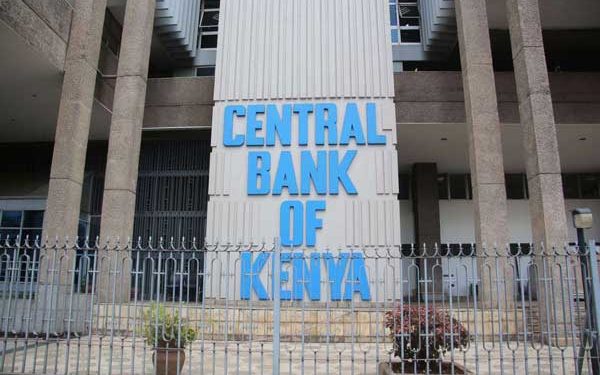The continued oversubscription of Kenya’s Treasury bills (T-bills), particularly the 91-day paper, has become a defining feature of the domestic debt market in recent months. The latest figures from June 12, 2025, show an overall subscription rate of 237.4%, with the 91-day T-bill attracting a staggering 364.9% subscription up from 197.9% the previous week.
On one hand, the surge in appetite for T-bills reflects a vote of confidence in government securities. In a climate of global and regional uncertainty, investors are opting for safety, and few instruments offer the security and predictability of short-term government debt. The 91-day bill is especially attractive, offering a quick turnaround and relatively decent real returns 4.4% when adjusted for inflation, which is currently at 3.8%.
However, this trend reveals a more uncomfortable truth: the real economy isn’t offering compelling alternatives. When businesses hold back on expansion and individuals opt for fixed-income instruments over productive investments, it suggests underlying fragility. People would rather lend to the government at modest returns than take risks in agriculture, manufacturing, or even the stock market.
More worrying is that Institutions, including banks and pension funds, are channeling more funds into government securities instead of the private sector. That is a signal of risk aversion in the financial system. It means fewer loans to SMEs and startups, and less credit flowing into productive parts of the economy—the very sectors Kenya needs to grow jobs and reduce poverty This should concern us.
Moreover, the government’s selective acceptance of bids only 30.2% of the KES 57.0 billion received bids points to cautious fiscal strategy. While this may seem prudent, it also raises the question of how the remaining deficit will be financed.
The big appetite for the 91-day T-bill could also create rollover risks, as they mature quickly and constant refinancing becomes necessary. If macroeconomic conditions shift say, inflation spikes or global interest rates rise the government could face significant pressure refinancing maturing debt at higher costs.
It is worth pausing to ask what does this trend tells us about investor sentiment, government policy, and the health of our economy? Economists would read this as a warning sign and if this trend continues unchecked, we risk having an economy where the government competes directly with the private sector for capital.















